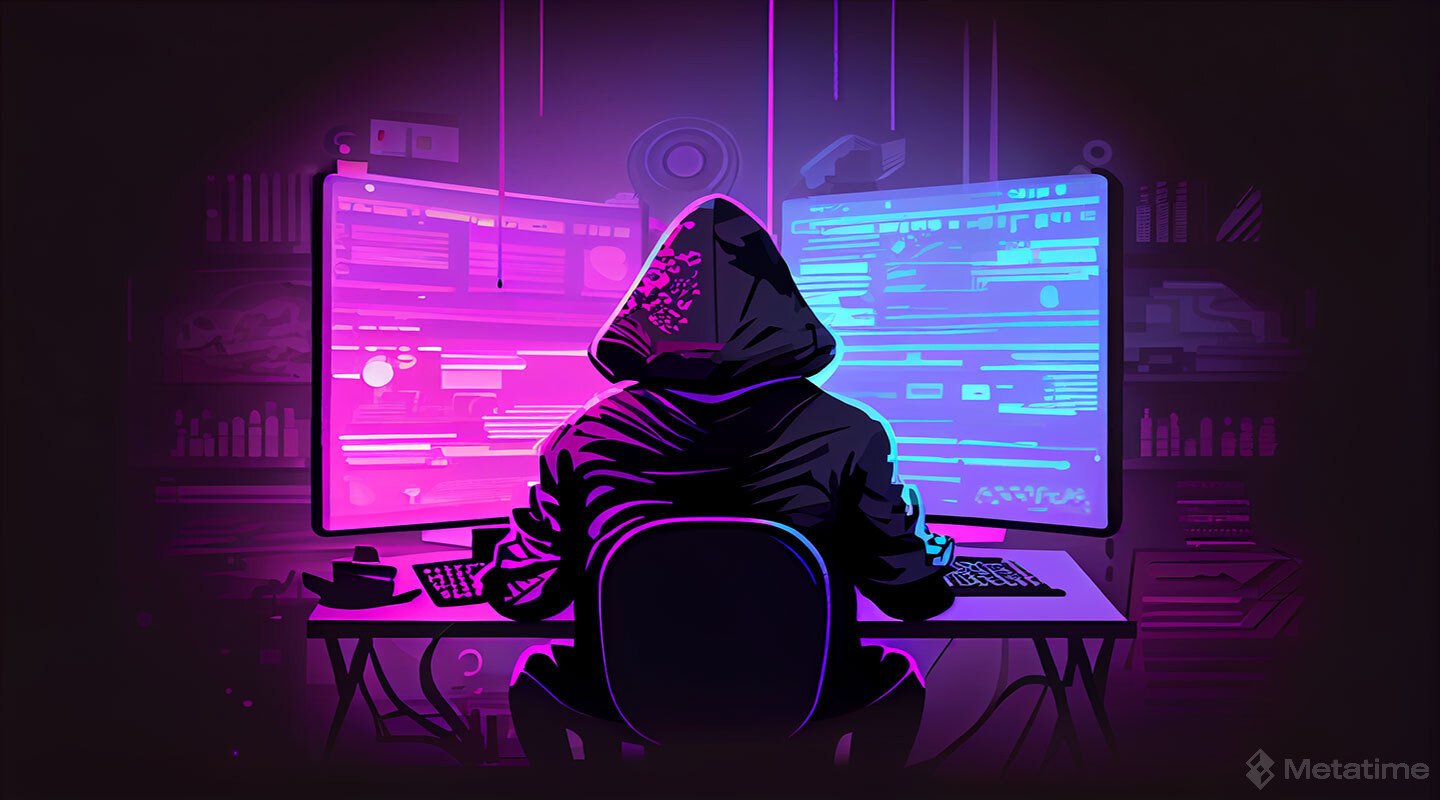In the ever-evolving landscape of the digital age, the term “Hacker for hire” has come to embody a complex duality. Hackers, individuals adept at manipulating computer systems, have long been the subjects of fascination, fear, and misunderstanding. Often portrayed as shadowy figures lurking in the depths of the internet, their actions have the power to disrupt, steal, and compromise sensitive information, giving rise to concerns about cybersecurity. However, it is essential to recognize that not all hackers fit this malevolent mold. The hacker community is a diverse spectrum, with varying motivations and intentions.
At one end of the spectrum lie the “black hat” hackers, those who use their skills for malicious purposes. These are the individuals responsible for cyberattacks on critical infrastructure, data breaches, and identity theft. Their actions can result in financial losses, privacy violations, and even endanger lives. The prominence of these cybercriminals underscores the importance of robust cybersecurity measures and the constant vigilance required to safeguard our digital realm.
On the opposite end of the spectrum are the “white hat” hackers, often referred to as ethical hackers or security researchers. These individuals employ their skills to identify vulnerabilities in systems, networks, and applications with the intention of helping organizations strengthen their defenses. Their efforts play a pivotal role in preventing cyberattacks and enhancing overall cybersecurity awareness. White hat hackers collaborate with organizations to discover weaknesses before malicious actors can exploit them, effectively acting as digital guardians.
Between these two extremes lies a vast gray area where hackers operate for a variety of motivations. “Gray hat” hackers may initially exploit vulnerabilities to demonstrate their existence, often leading organizations to patch these vulnerabilities. Meanwhile, hacktivists leverage their skills to advance social or political causes, sometimes blurring the line between vigilantism and activism. It is within this complex spectrum that the true nature of hackers is unveiled—a dichotomy of destructive potential and proactive defense.


